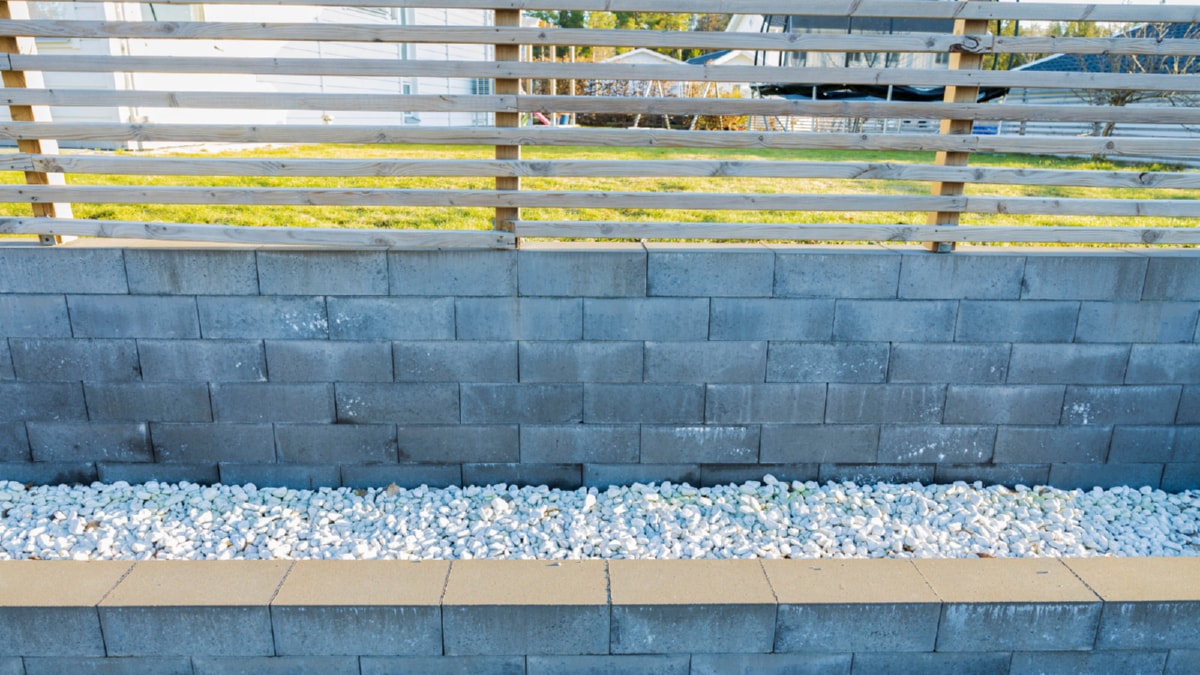The construction industry is rapidly evolving, driven by a need for efficiency, sustainability, and innovation. The sector is embracing technology more than ever before, with transformative changes fueled by digital solutions. These advancements are not only streamlining operations but also significantly contributing to sustainable construction, which is undeniably the future of the industry.
Technology has become an indispensable asset in the construction sector, redefining traditional methods and processes. The use of Building Information Modeling (BIM), for instance, has revolutionized the way buildings are designed and constructed. BIM provides a digital representation of a building’s physical and functional characteristics, allowing for more accurate planning and execution. It significantly reduces waste by providing precise quantity estimations, thereby contributing to more sustainable construction practices.
Another game-changer in the industry is 3D printing. This cutting-edge technology offers the potential to reduce waste, lower costs, and speed up construction times. By using materials more efficiently and eliminating unnecessary waste, 3D printing contributes to the sustainability of construction. The technology also allows for the creation of complex designs that could not be achieved with traditional construction methods, opening an avenue for innovative and energy-efficient building designs.
Artificial Intelligence (AI) and Machine Learning (ML) are also playing an increasingly important role in the construction industry. These technologies can predict project outcomes, optimize resource allocation, and enhance safety measures. AI and ML can analyze large amounts of data to identify patterns and provide insights that can lead to more efficient and sustainable construction practices. For instance, AI can predict energy usage patterns in a building, which can then be used to create more energy-efficient designs.
The use of drones and robotics is another trend shaping the future of sustainable construction. Drones can conduct site surveys more quickly and accurately than human workers, reducing the time and resources required for this task. Robotics, on the other hand, can perform repetitive tasks with high precision and minimal waste. These technologies not only increase efficiency but also improve the safety of construction sites by reducing the need for human workers to perform dangerous tasks.
Another technological advancement contributing to sustainable construction is the integration of renewable energy sources into building designs. The use of smart grids and energy management systems allows for the optimization of energy consumption, reducing the environmental footprint of buildings.
The shift towards prefabrication and modular construction is also a significant trend in the industry. These methods allow for the off-site construction of building components, reducing waste and speeding up construction times. Prefabrication and modular construction also result in more energy-efficient buildings, as components are built to exact specifications, reducing air leaks and improving insulation.
In conclusion, the future of construction is undoubtedly sustainable, powered by the innovative use of technology. As the industry continues to embrace these technological advancements, a shift towards more efficient and environmentally friendly construction practices is inevitable. These changes will not only benefit the construction industry but also contribute to the broader goal of sustainable development. Embracing technology is not just a choice for the construction industry; it is a necessity to ensure its survival and relevance in a rapidly changing world.
For more details, check best masonry services or visit their business listing here.



